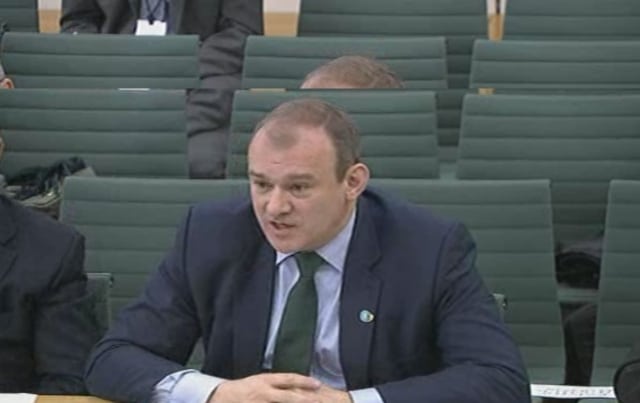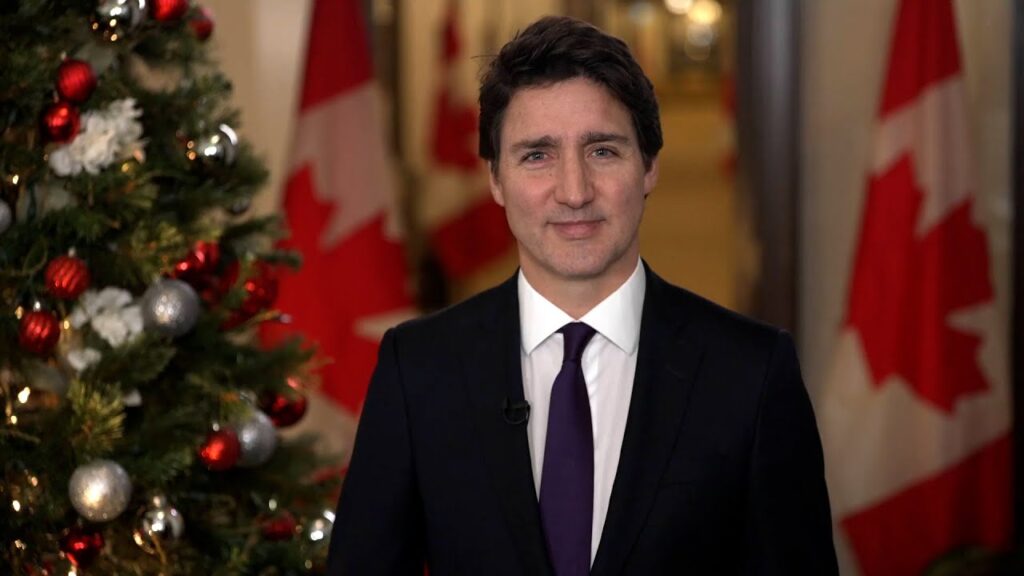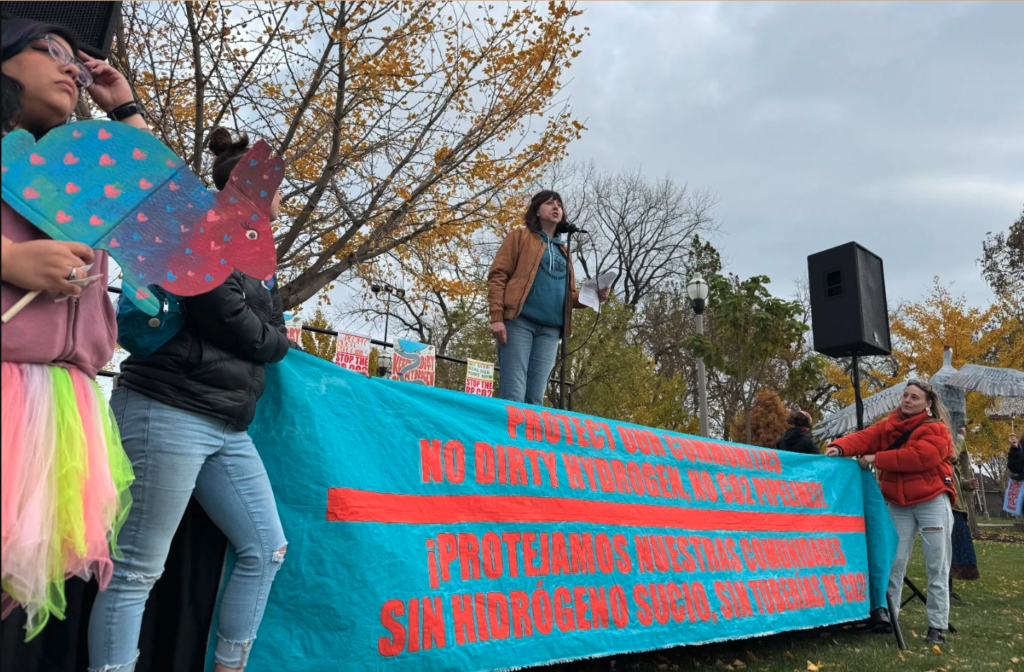A new deal to tackle climate change expected to be agreed in Paris in December is unlikely to prevent dangerous climate change, energy secretary Ed Davey has warned.
Davey said he fears the climate talks will not secure ambitious enough commitments from political leaders to limit warming to 2°C, the temperature threshold which countries have agreed in attempt to prevent dangerous climate impacts such as drought, floods and sea level rise.
“The objective for Paris is to keep the two degree limit within reach,” the secretary of state candidly told MPs on the parliamentary Energy and Climate Change Committee. “I am not expecting, with regret, the commitments we’ll see in the Paris agreement will get us to two degrees, unfortunately.”
“I want to be as close as possible, because increasingly my view is we will get an agreement in Paris,” he continued, “but my fear is it will not be ambitious enough and raising ambition levels is really what the climate diplomacy and climate politics of 2015 is all about.”
Falling Short
Within the next three to six months countries are expected to announce their intended nationally determined contributions (INDCs) to the upcoming negotiations.
The emission reduction targets within each nation’s commitment will then be analysed collectively ahead of Paris to determine how close, or far off, from dangerous warming they put the world.
“I predict when we do the analysis we will be well short of the carbon emission reductions needed to limit warming to two degrees,” Davey said. “We need more action and need to see more countries come forward with more ambitious pledges.”
Political pressure is crucial to securing a deal Davey said: “It was really successful going into Lima but we have to keep the foot on the accelerator.”
Legally Binding
Davey confirmed that the UK will be seeking a legally binding agreement. This will be the most cost-effective way to address climate change he argued.
It will give “the greatest boost to both confidence that we can tackle climate change and to investors, industry and entrepreneurs to develop the technology needed”, he said.
However, Davey acknowledged that securing a legally binding deal will prove challenging.
The United States, for example, will not want a legally binding agreement since that would require it to pass a new piece of legislation through a Republican-controlled congress. For other countries such as China, it could be seen as a restriction on their sovereignty.
Davey assured MPs he is “personally committed to engaging with all the parties” to maintain political momentum in Britain but noted that it is “quite likely” he will not be the secretary of state come the UN climate talks.
Britain’s general election will be held in just four months. “We need … that whoever is doing this job after May 7, that they are ready to run with this, it’s vital,” Davey warned.
“For the next government, this is going to be one of their top priorities right from the start through to December,” he said. “It’s got to get cracking on this … there’s an awful lot left to do.”
Photo: Parliament TV
Subscribe to our newsletter
Stay up to date with DeSmog news and alerts







